![]()
» Nuclear Deal and Trump’s Next Step
The editorial of Etelaat newspaper deals with Iran’s nuclear deal (JCPOA) and U.S. President Trump’s next step in this regard.
According to the editorial, EU, Russia and China share a common view with Iran regarding JCPOA, and are waiting for Trump to take the next step by either accepting or rejecting the deal. Meanwhile, different voices are heard from Trump’s administration, as well as U.S. Congress. U.S Secretary of State Rex Tillerson said Trump doesn’t intend to fully dissolve or reject the JCPOA, adding that U.S administration has proposals for fixing the deficiencies of the deal and has informed Europeans in this regard. But Trump’s representative in United Nations and some of Trump’s advisors in the White House have said that the U.S. president intends to reject the JCPOA.
The editorial continues that Iran’s FM Zarif is going to have an advisory meeting with foreign ministers of Britain, France and Germany with JCPOA as its agenda. What most political circles and news agencies know for sure is that with termination of the 60-day period, Trump must officially announce his position by the end of the week. Three possibilities have been predicted for Trump’s next step: rejecting, accepting or leaving the JCPOA as it is.
The editorial goes on to say that on the other hand, some political analysts in Europe and America talk of negotiation between 3 members of EU and Iran regarding the need for separate amendments to JCPOA which will include 3 articles. These articles are: first, negotiation about missiles and specifically discontinuing production of long-range missiles; second, negotiation about the continuation of applied researches for increasing level and capacity of uranium enrichment; third, changing the duration of JCPOA deal from 10 to 25 years, which is one of the new proposals of the U.S.
The editorial concludes: it is not clear if this is the agenda of Zarif’s advisory meeting with foreign ministers of Britain, France, and Germany, as it is not confirmed by EU. But no matter what Trump’s next step is, Iran and JCPOA will be on top of the international news.
An editorial in “Etelaat” on January 10, 2018
» Government’s Debts to Organizations: Damages, Solutions
This editorial addresses the Iranian government’s debts to some organizations and suggests solutions for the problem.
The editorialist holds that the government’s debts to institutions such as Social Security Organization and Civil Servants Pension Fund has created a crisis in Iran’s economy and needs to be resolved. If this issue is not dealt with in the next year’s budget, it can hinder most of the government’s programs and turn into an obstacle in the path to economic growth.
The editorialist holds that the government cannot solve this problem in one year but should have an organized plan for several years. One of the strategies in this regard is for the government to transfer a part of banks’ liquidity to stock market and provide those organizations with it. Thus doing, the government can gradually pay its debt to those organizations in consecutive yearly budgets.
At the end, the editorialist suggests a second way of tackling the crisis: Another solution would be bartering which is viewed with doubt by most business owners as they do not consider it effective. However, the government can still use it as a short term solution.
An editorial in Kasb-o-kar on January 9, 2018
» Iran’s Recent Protests: What Comes Next
This editorial tries to shed light on the future of Iran’s recent anti-establishment’s protests.
According to the editorialist, the characteristics of Iran’s new protest movement are as follows. First of all, this movement has no leader unlike the last two major movements in 1999 and 2009. Second, it is a grassroots protest, not an elitist one. Third, it has nothing to do with Iran’s two major political factions, namely, principlists or reformists. Fourth, protestors’ demands range from economic to political and social ones. Fifth, protestors’ weapon is social media, mostly Telegram, which has been filtered by the government. Sixth, assemblies are not organized, and demonstrators are young, mostly born in 1990s.
The editorialist adds that based on the aforementioned points, there is a possibility of upcoming protests. This time Iranian elites will join the protest movement despite the fact that they were absent in the beginning of demonstrations. As for authorities, including principlists and reformist, not to mention state-run TV (IRIB), they mostly use conspiracy theories to analyze the new protest movement.
The editorialist concludes that as Iranian authorities are incapable of dealing with causes and effects of this movement, the opposition will be more determined as well as organized for staging more protests in future.
An editorial in “Ghanoon” daily on January 8, 2018
» Economic Fallback due to Business Obstacles in Iran
The editorial of Tafahom newspaper tries to find out why Iran’s rank has dropped in World Bank’s 2018 report regarding ease of doing business, while focusing on obstacles in creating new businesses Iran.
According to the editorial, World Bank annually publishes a report about countries’ business environment. According to 2018 report of World Bank, Iran’s rank in the general index of doing business has dropped 4 spots compared to 2017, standing at 124 among 190 countries this year. This means that Iran is behind 123 countries with regard to ease of doing business, which is worrying.
The editorial continues that some of the influential factors in creating adverse conditions in Iran’s business market are: difficulty in receiving banking facilities, instability in foreign exchange currencies, inflation, international sanctions, smuggling, importing poor-quality goods, and imposing heavy bilateral tariffs with some countries. These factors existing both inside and outside Iran will prolong the process of economic activities, making it possible for only a few economic actors to survive this ‘economic marathon’.
The editorial goes on to say that in the latest report of head of Iran’ Chamber of Commerce, the most important business obstacle, in the opinion of actors in private sector, has been difficulty in financing by banks. Banking system’s inability in providing financial facilities to entrepreneurs has created obstacles in development of businesses in recent years.
At the end, the editorial asserts that the impact of government’s efficiency on business environment is another important factor, which, through targeted policies of the government, can be fruitful in facilitating the affairs in the business environment.
An editorial in “Tafahom” on January 7, 2018
![]()
♦ Rouhani praises the security forces for confronting recent protests
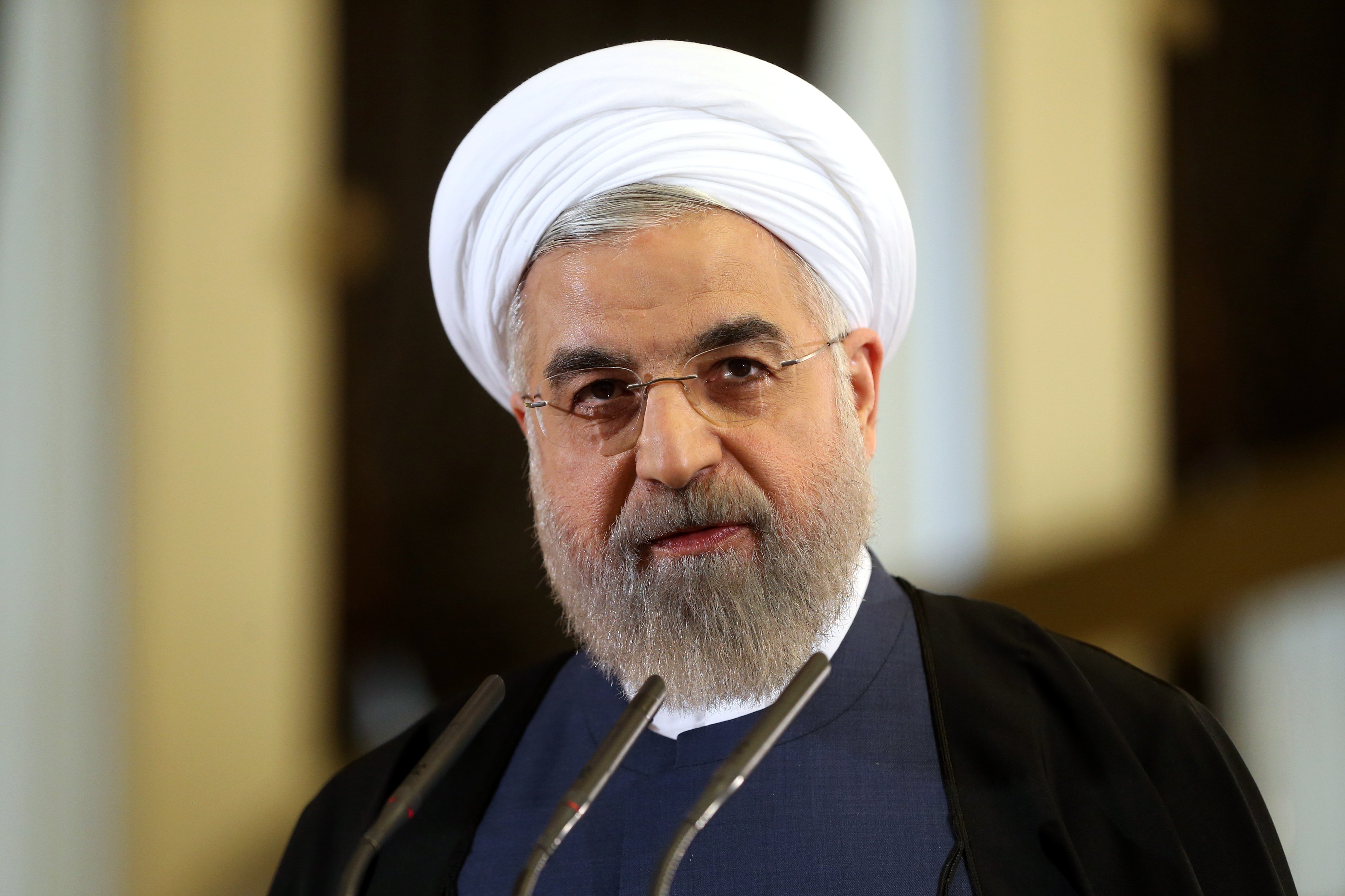
Iranian president Hassan Rouhani, in the meeting of Supreme Council for Cultural Revolution, emphasized that cultural and social roots of recent events must be investigated, and officials must try to meet people’s demands. Hassan Rouhani considered criticisms and legal gatherings useful in preparing the grounds for reform and improvement. He added awareness of people, academics, and different groups proved that despite the existing problems, they stand against ‘exploiting people’s demands and provocations of counter-revolutionaries and enemies’. Hassan Rouhani thanked the security forces, law enforcement, IRGC and Basij for ‘managing recent events properly’.
Fars news agency
♦ Zarif goes to Moscow, Brussel
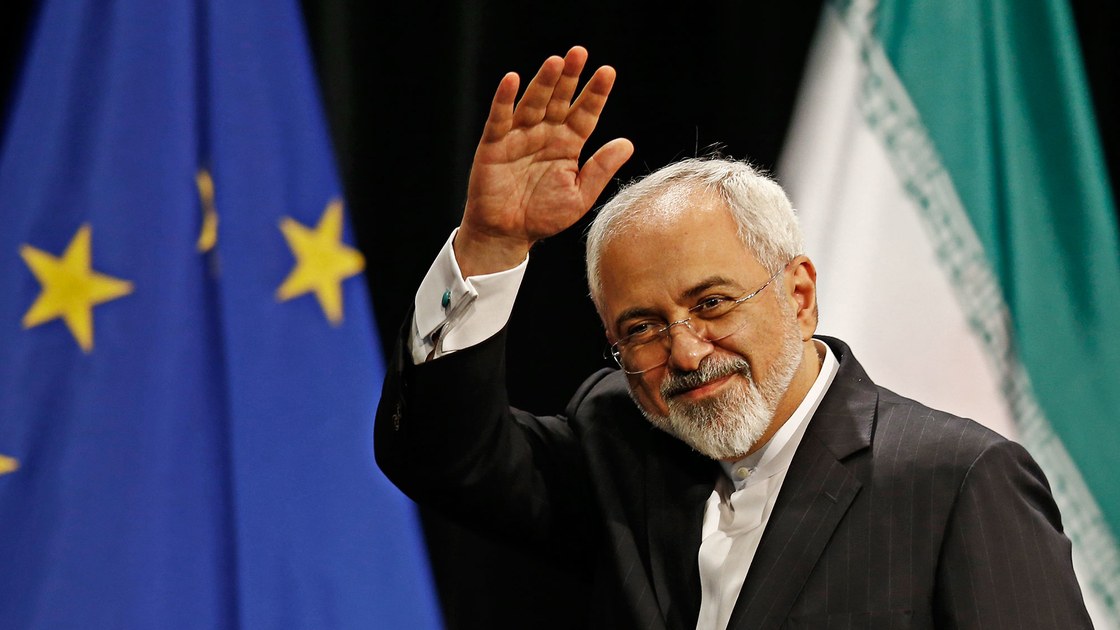
Spokesperson of Iranian Foreign Ministry Bahram Ghassemi announced that Iranian foreign minister will go to Moscow to consult with Russian foreign minister about JCPOA. He added Mohammad Javad Zarif will later go to Brussel to talk and exchange views about recent developments regarding JCPOA.
Most likely, U.S. President Trump will re-impose the nuclear sanctions on Iran, and the U.S. will pull out of the nuclear deal.
Jam-e-jam online
♦ Citizens’ Rights Fraction asks for visiting Evin Prison
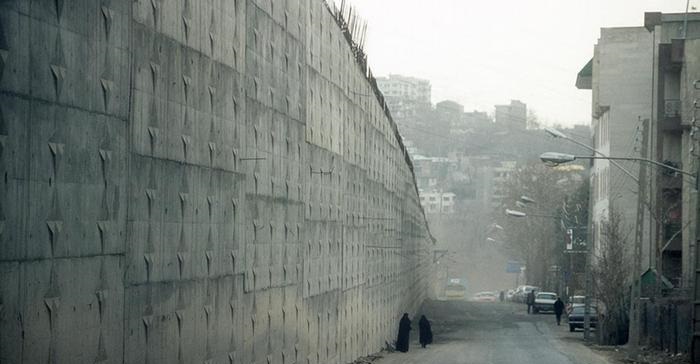
Spokesperson of Citizens’ Rights Fractions in the Parliament announced that this fraction has asked for permission to visit Evin Prison. Bahram Parsaee said based on lawmakers’ responsibility and supervisory powers of the Parliament, one of the plans of this fraction is to visit prisons, including Evin Prison. Following the recent unrests in Iran, 3,700 protesters have been reportedly arrested.
Arman Emrouz
♦ 8 Telegram channel admins arrested in Kerman
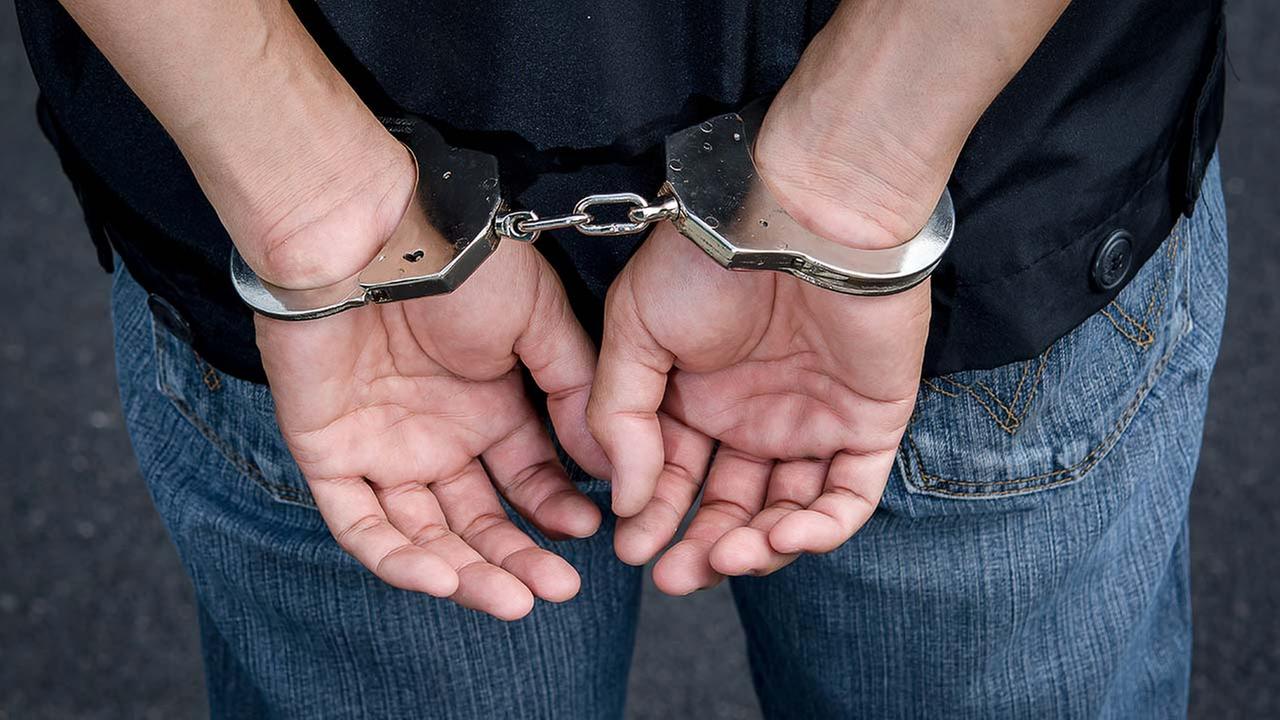
The public and revolutionary prosecutor of Kerman Province, Dadkhoda Salari, announced the arrest of 8 Telegram channels admins in this province. He added that ‘the footprint of the foreign espionage services is clear in recent events.’ According to Salari, currently, 27 main actors in the recent unrests have been arrested, adding that ‘enhanced technical investigation’ from the suspects is still going on, and the main actors of the recent events will be decisively confronted.
Rokna
♦ Lawmaker: Contradictory statistics regarding arrested students
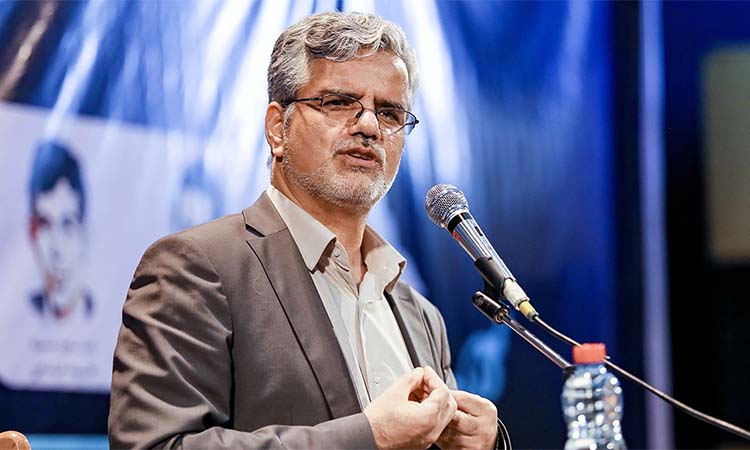
Mahmoud Sadeghi, the member of Education Commission in the Parliament, said no exact statistics about arrested students can be announced in recent unrests in the country, as these arrests were made by various security and law enforcement entities. Sadeghi added that the total number of recent arrests is about 3,700 people all over the country. Sadeghi urged that according to statistics of various organizations, the number of arrested students is estimated between 40 to 68 people, which is decreasing as many of them are being released. He said information of those people who are arrested, but it is not clear by which entity has been given to ministries of intelligence, interior, and higher education to make a clarification as to which security or law enforcement entity has arrested them.
Parliament news agency
♦ Lawmaker: 5 people killed in recent protests in Khomeini Shahr, Shahin Shahr
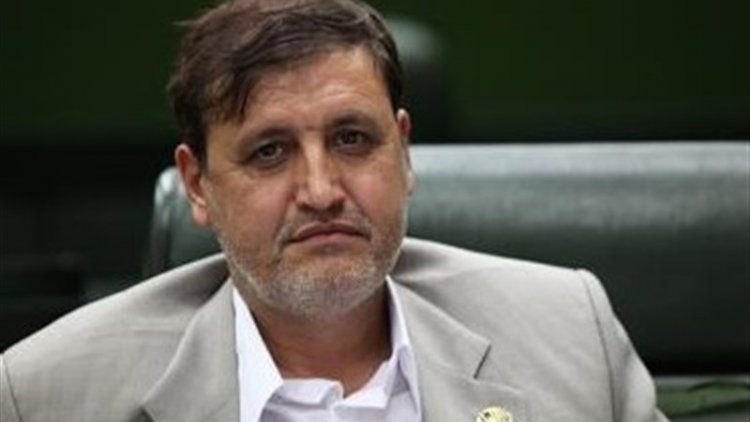
Principlist lawmaker of Khomeini Shahr in the Parliament, Mohammad Javad Abtahi, said according to official statistics, four people were killed in popular protests in Khomeini Shahr and one was killed in Shahin Shahr. Abtahi said about the identity of those who were killed in Khomeini Shahr that they were from the ‘innocent protesters’. He further explained these protesters were killed in shooting in these conflicts.
Iran Wire
♦ Execution of drug convicts in Iran stopped
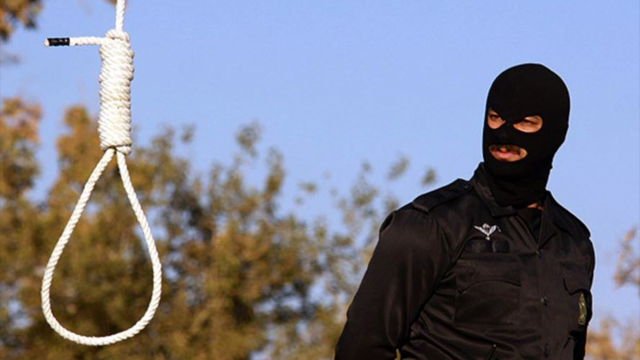
The high rate of execution in drug-related crimes had created many legal and international problems for Iran. Many executions for drug dealers, as well as an international pressure regarding violation of human rights in Iran, made Iranian lawmakers review laws of execution in drug trafficking.
According to the legislation passed by the Parliament and added to Law of Fighting Drugs on October 4, 2017, if the convicts had had warm weapons and had intended to use it at the time of the crime; or had been leaders, sponsors or investors in drug trafficking; or had used children or teenagers under 18 for committing the crime; or had had criminal records of more than 15 years of imprisonment; or had been involved in exporting, producing, distributing more than 50 kilograms of traditional drugs or 3 kilograms of industrial drugs; they will be sentenced to death in all the above cases.
In the previous law, carrying more than 30 grams of the drug was a crime worthy of capital punishment. Accordingly, all those who prior to this were convicted to death sentences or life imprisonments can individually or through their families and lawyers ask for reviewing their sentences.
Arman Emrouz
♦ Suicide of detainee in police station
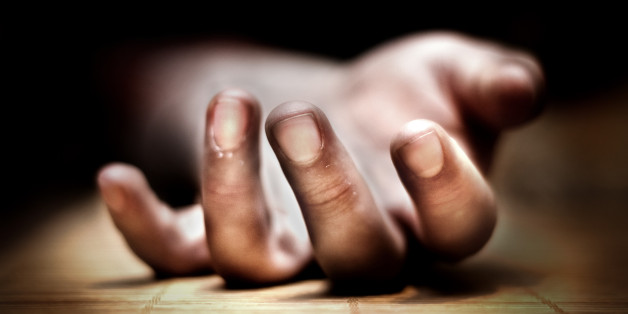
The suicide of detained drug dealer at the police station had nothing to do with recent unrests, said Iranian judiciary official. Ghassem Abdullahi, chief justice of Markazi Province, said regarding the death of a detainee in the police station that this individual was arrested for carrying drugs, adding that this person had committed suicide in the police station. Given the records of suicide and traces of self-mutilation over the body of this person, Ghassem Abdullahi asserted, it can be said that this person has committed suicide, but the final result must be determined by legal medicine organization.
Arman Emrouz
♦ Salehi warns Amano
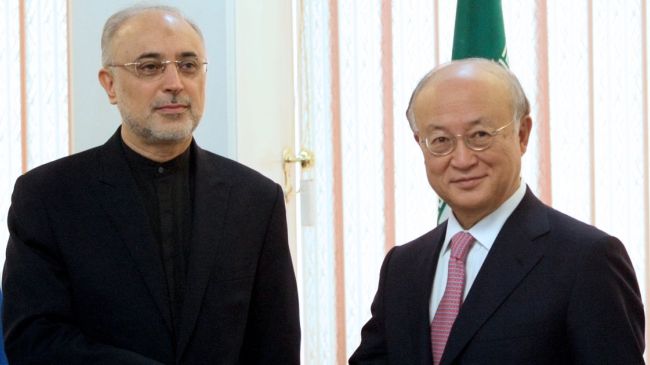
Head of Atomic Energy of Iran warned Director General of International Atomic Energy Agency (IAEA) about the consequences of the U.S. unfulfilling its obligations and possible violation of the nuclear deal (JCPOA). Ali Akbar Salehi had told Yukiya Amano that in case the JCPOA is not implemented by the U.S., Iran will take decisions that might influence Iran’s cooperation with IAEA.
IRIB news
♦ Foreign ministry denies Mohsen Rezaee’s remarks
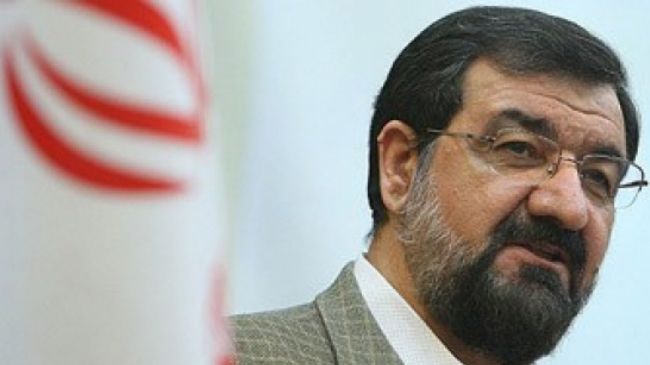
Spokesperson of Foreign Ministry Bahram Ghassemi rejected Mohsen Rezaee’s remarks about the role of Barezanis in recent unrests in the country, adding that ‘I think it is impossible that officials of Iraqi Kurdistan would have done such things against the national security of Iran.’
Iran
♦ IRGC Aerospace: Smoke was seen in Tehran due to drills of IRGC aircrafts
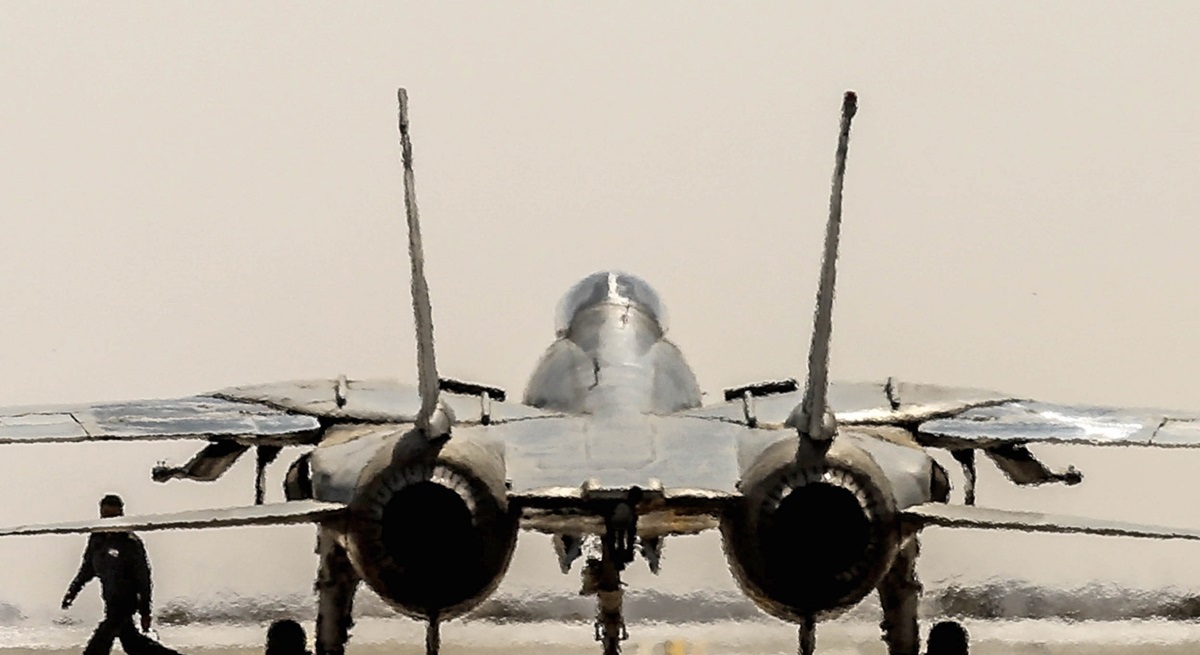
IRGC Aerospace Forces announced that the smoke was seen in Tehran and its surrounding was due to tactical drills of aircrafts of IRGC Aerospace Forces. The statement says that this smoke was because of tactical drills of aircrafts and drones of IRGC Aerospace Forces.
Fars news agency
♦ Officials: Begging gangs exploiting children
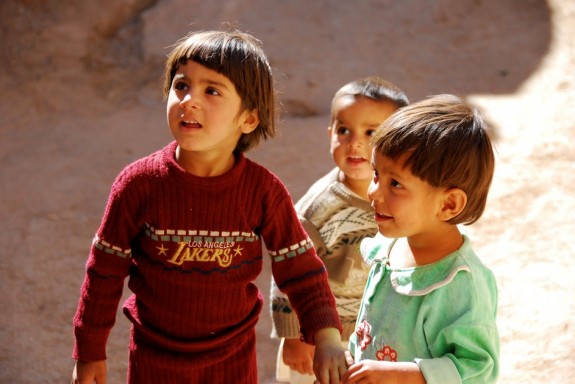
According to Iranian officials, begging gangs that are after exploiting children and provoking a sense of pity in people bring kids to crossings for begging. And they even teach the kids not to take food from people, but only ask for cash money.
Experts believe that rounding up beggars and organizing them in Tehran by officials is a defective cycle, as these people are released in the city once again. A few years ago, when the municipality took this measure, it became clear that only 17% of rounded-up beggars were actually needy people.
Afkar
♦ Afghanistan government asked Iran to dismantle Fatimiyoun division
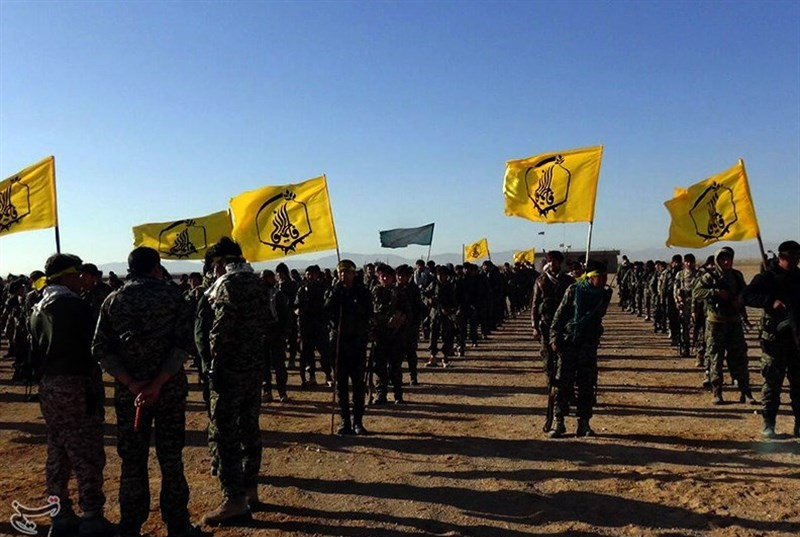
Afghanistan government has asked Iran to quickly dismantle the paramilitary division called Fatimiyoun which is fighting in Syria in support of Bashar Assad. Shah Hossein Mortazavi, spokesperson of Afghanistan government, in an exclusive interview with Iran International TV, said deploying Afghan citizens in a proxy war is not compatible with international laws, and according to Afghanistan’s laws, Afghan citizens fighting under another country’s flag can be considered a crime. A cultural official of Fatimiyoun has recently said that this division has had 2,000 casualties in Syria so far. According to Afghan Ofogh, the number of casualties is much more than the official statistics.
Iran International
♦ Ahmadinejad’s arrest denied
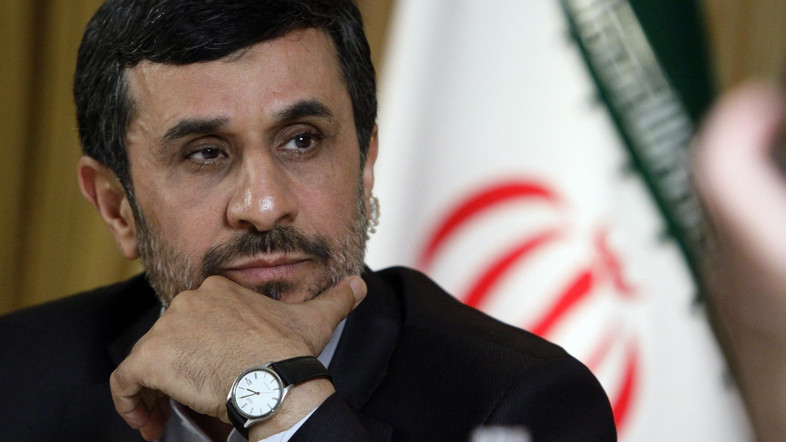
Mahmoud Ahmadinejad’s lawyer denied the arrest of his client, head of 9th and 10th governments. Adel Heidari said in response to news of Ahmadinejad’s arrest that no such thing has happened and this news is not true. Recently, Ahmadinejad slammed the judiciary system in Iran, calling it inefficient and corrupt.
Iran
♦ Telegram still filtered in Kermanshah

Director manager of telecommunication and technology in Kermanshah Province, Shahriar Behnia, said, with regard to news about removing filtering of Telegram messenger in some parts of the country including Kermanshah and Bushehr, that removing filtering from Telegram messenger in Kermanshah and some other parts of the country is a rumor, and filtering Telegram still continues in Kermanshah. He added if Telegram’s filtering is to be removed, then it must become available to people all over the country without any limitations.
Iran
♦ Consultation with China to unfreeze Iranians’ bank accounts
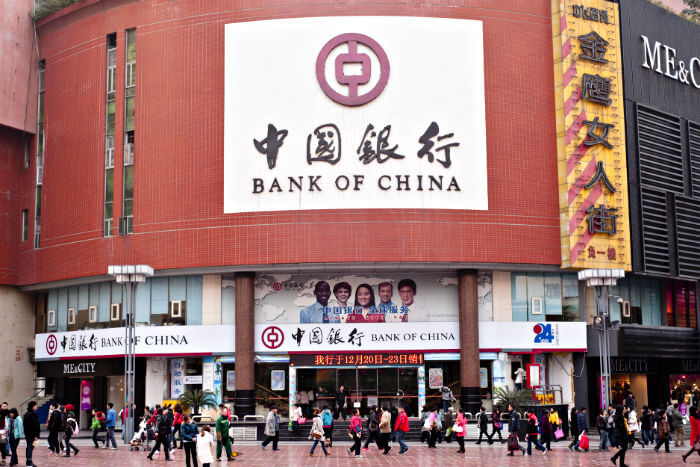
With closing bank accounts of Iranian companies in China, Iran’s Central Bank has started consulting with this country in this regard. It has been several months that news regarding freezing bank accounts of Iranians in China has been published. China first froze the accounts of Iranians residing in that country, and then those of the students. Recently, Chinese banks froze the accounts of Iranian exporters. It has been a while that Iranian and Chinese officials have been negotiating to unfreeze these accounts.
Abrar Eghtesadi
♦ Rouhani’s deputy slams Iranian state-run TV
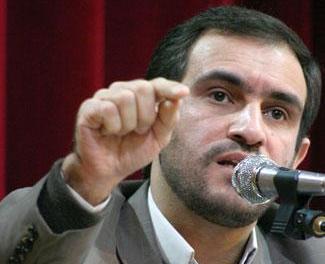
Parviz Esmaeili, communication deputy to Iranian president’s office, said almost all media in a world covered the UN Security Council’s meeting about Iran simultaneously, except for state-run TV IRIB. He continued if Iranian ‘national media’ doesn’t inform the people about events related to the country, how should they come to know about it?
The UN Security Council held an emergency meeting at the request of the US on Friday to discuss the anti-government protests that rocked Iran. The US ambassador to the UN, Nikki Haley, said, ‘Freedom and human dignity cannot be separated from peace and security. The Iranian regime is now on notice: the world will be watching what you do.’
Jamaran
♦ Iran’s unrests; concerns about conditions of detained students
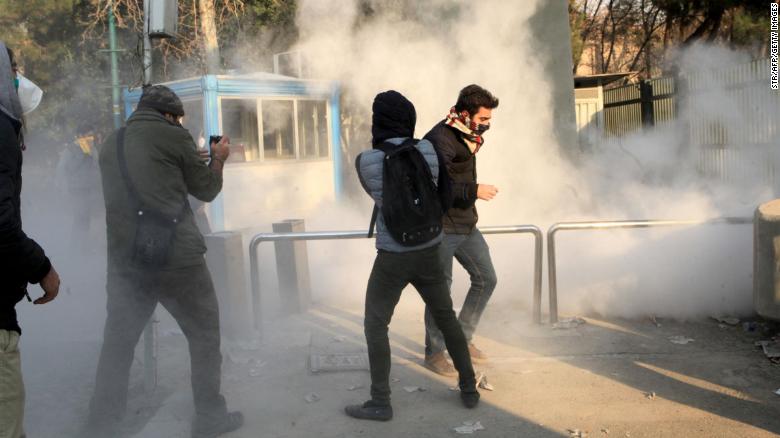
A number of Iranian lawmakers expressed their concerns about issuing an indictment for some students arrested in recent unrests in Iran. Reformist MP Mahmoud Sadeghi said there are no information about 10 of the 90 arrested students, and it is not clear which organization has arrested them. Sadeghi added many of those arrested had no activities in protests, and many of them were detained outside the universities’ campuses or in front of their houses.
Mahmoud Sadeghi called arresting the students to ‘prevent’ protests useless. He was pointing out to MP Farid Mousavi’s remarks who had tweeted that after following up the conditions of arrested students, the officials told him that most of the arrests had been preventive.
BBC Persian
♦ Molavi Abdulhamid: Iranian Sunni community calls for removing discrimination
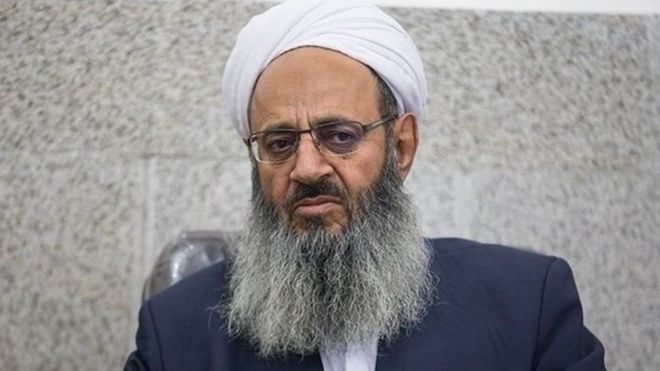
Friday mass prayer leader of Sunnis in Zahedan, Molavi Abdulhamid Esmaeel Zehi, said Iranian Sunni community has participated actively in all domains in the country, and it has been 40 years that they have been calling for removing discriminations. Molavi Abdulhamid added, ‘It is a pity that no attention has been paid to frequent follow-ups and correspondences about a small prayer room in this big city; unfortunately, the Sunnis are still under pressure in some cities.’ According to Molavi Abdulhamid, Shiites and Sunnis are living in some Iranian cities side by side, but no governor or head of an organization has been chosen from Sunnis so far, while in some cities the majority is with Sunnis.
Anatoli news agency
